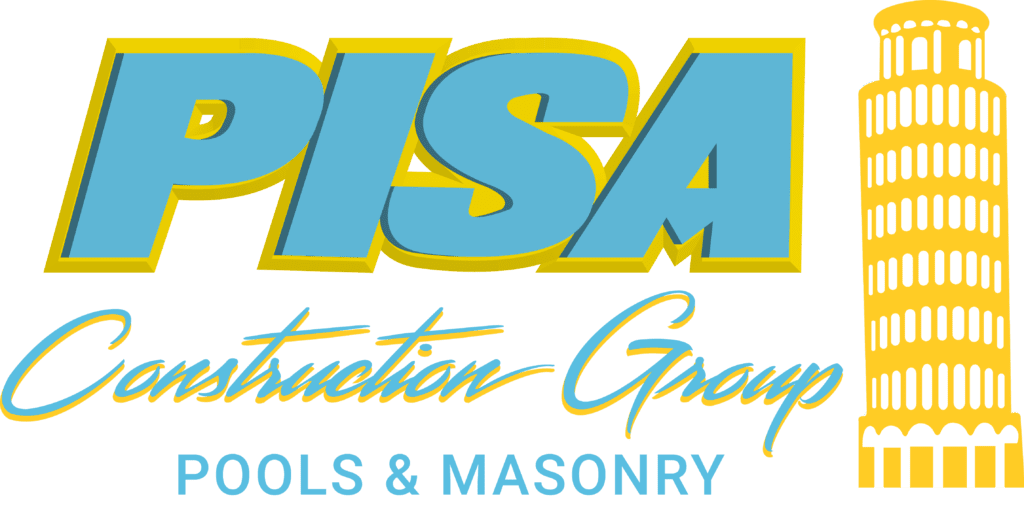When it comes to choosing a pool for your backyard, the options can feel overwhelming. Fiberglass pools have become increasingly popular, but how do they stack up against other types like vinyl and concrete? In this blog post, we will explore the unique characteristics of fiberglass pools and compare them to their counterparts, helping you make an informed decision for your space.
Understanding Fiberglass Pools
Fiberglass pools are manufactured from a durable glass-reinforced plastic, making them a popular choice for homeowners. One major benefit of fiberglass is its smooth surface, which is less prone to algae growth compared to other materials such as concrete. This unique characteristic contributes to easier cleaning and a more pleasant swimming experience.
The installation of fiberglass pools is typically faster than other types. While concrete pools can take weeks to complete, fiberglass units often require just a few days for installation. This time efficiency can be a significant advantage if you’re eager to enjoy your new pool without delay.
Additionally, fiberglass pools come in a variety of shapes and sizes, allowing for more customization to fit your space. With options ranging from freeform to rectangular designs, homeowners can select a style that complements their backyard aesthetic perfectly.
Cost Comparison: Fiberglass vs. Other Pool Types
When weighing the costs of fiberglass pools versus alternative materials, it’s essential to consider both initial investment and long-term expenses. While concrete and vinyl pools might have lower up-front costs, the maintenance and repair expenses associated with these materials can add up over time.
Fiberglass pools, despite being pricier initially, tend to save money in the long run. Their durable composition reduces the need for repairs. Moreover, they require fewer chemicals for maintenance due to their non-porous surfaces. This can translate into significant savings on both chemicals and upkeep throughout the years.
Ultimately, when you think about the overall financial commitment, fiberglass pools present a solid investment. Homeowners often appreciate the blend of luxury and longevity they provide, making them a cost-effective option in the grand scheme of things.
Maintenance: The Ease of Fiberglass Pools
A standout feature of fiberglass pools is their low maintenance requirements. With their smooth surfaces, cleaning becomes a less demanding task compared to concrete pools that often develop cracks and rough edges. These imperfections can harbor dirt and algae, necessitating rigorous cleaning efforts.
In addition to being easier to clean, fiberglass pools require fewer chemicals due to their non-porous nature. This not only means a less frequent need for pool shocks but also a more pleasant swimming environment, as the water remains clearer and healthier.
Homeowners will find that spending less time on upkeep allows for more leisure time to enjoy their pools. This ease of maintenance is often cited as one of the primary reasons people opt for fiberglass over other types.
Durability: How Fiberglass Stacks Up
When it comes to durability, fiberglass pools are designed to withstand the test of time. Made from a combination of plastic and glass fibers, they are exceptionally strong and resistant to cracking or fading. Unlike concrete, which can wear down over the years, fiberglass maintains its appearance with minimal fading.
Moreover, fiberglass pools are designed to flex slightly, making them more resistant to ground shifts and pressure than other materials. This is particularly beneficial in areas prone to geological activity, where concrete might suffer from structural damage.
Their resilience not only prolongs the lifespan of the pool but also minimizes the need for frequent repairs, ensuring the investment remains just that — an investment rather than a financial burden.
Installation Process of Fiberglass Pools
The installation process of fiberglass pools is notably straightforward, making it a favorable choice for many homeowners. Unlike concrete pools, which require extensive excavation and pouring procedures, fiberglass units are pre-manufactured and delivered to your site.
This efficiency cuts down on time and minimizes the disruption to your backyard. Typically, installation can be completed in just a few days, a stark contrast to the weeks or even months often needed for concrete alternatives.
Additionally, once the site is prepared, the pool is simply placed in the ground and connected to plumbing and electrical systems. This straightforward process can make it much easier for homeowners looking to dive into their new pools quickly.
Aesthetic Appeal: What Makes Fiberglass Unique?
Fiberglass pools offer a unique aesthetic appeal thanks to their sleek, glossy finish. Available in various colors and designs, these pools can seamlessly integrate into almost any outdoor setting. Homeowners appreciate how these pools provide a contemporary look, enhancing the beauty of their property.
Furthermore, the ability to customize shapes and sizes adds another level of uniqueness. Whether you desire a classic rectangular design or a more organic, freeform structure, fiberglass can accommodate your vision, making it truly your own.
Ultimately, the aesthetic benefits combined with the functional advantages create a compelling case for choosing fiberglass pools. Their beauty and robustness allow homeowners to enjoy a stylish asset in their backyard for years to come.
Final Thoughts on Pool Comparisons
Choosing the right pool type for your home depends on a variety of factors, including maintenance, cost, and personal preferences. Fiberglass pools offer distinct advantages in ease of installation and maintenance, but understanding how they compare to concrete and vinyl options is crucial in making the best choice. By weighing these comparisons, you’ll feel more equipped to decide which pool suits your lifestyle and budget.



